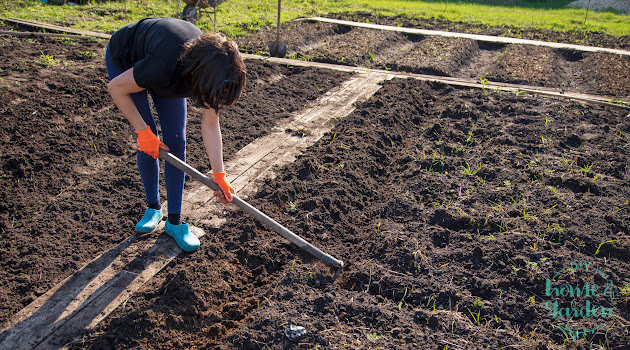There has been a growing fashion in recent years for stockpiling those essential things when there might be difficult times ahead. Indeed, even in the event of perfectly serene everyday life for the foreseeable future, it’s not uncommon or unwise for people to take the opportunity to take advantage of special offers, home storage, and comparison shopping to build a stockpile.
Stockpiling is a pursuit with obvious merits. You don’t need to worry about running out of an item if you have a few hundred of that item in storage somewhere. For obvious reasons, it works best with non-perishable items, tinned goods, and long-life products. Done correctly, sensible stockpiling can allow you to save a lot of money. And you will be on the front foot in any situation where items may become scarce (say, for example, a pandemic!). However, stockpiles don’t build or curate themselves. Thus, it pays to be aware of a few facts.
The most important thing you can stockpile is space
There is literally zero chance that you will be able to stockpile everything you need in one single shopping trip, even if you go to multiple stores to do it. A proper stockpile builds in layers. You buy more of something as you realize how much you use. And having certain foods in storage reminds you of other things you could buy to make them more appetizing. All of the things that you buy need to go somewhere, and you can end up running out of space to keep them. So buy lockboxes, safe outdoor storage, and even a shed if necessary so you can keep everything secure and know where it all is when needed.
Rotate and frequently audit your stockpile
It’s clear that some items stand up to long-term storage better than others; you’re obviously not going to fill a shed with soft French cheeses or cuts of meat. With that said, never assume that “non-perishable” is an absolute term. Sometimes, things that should survive in storage don’t last, thanks to pests. A year’s supply of dog food can become a few months’ supplies due to weevils. Or you can find yourself wondering how to get rid of pantry moths in your kitchen after they decimate your cereal supply. Keeping your stockpile clean is important, but it’s even more essential to monitor it regularly because pests can do damage even in neat and tidy areas.
Seeds are easy to store; buy a bunch of them
It’s an unavoidable truth that if you want to eat healthily, you’ll need to include some fresh foods in your diet. On the average family shop, you’re still going to want to buy food to go in the fridge, but if scarcity looks like becoming a problem it would be great to have your own source of those fresh fruits and veggies. Planting a tree to benefit from the apples isn’t terribly practical in the short term, but putting down seeds for tomatoes, berries, corn, and pumpkins can really pay off, and will cut the price of supermarket trips right down.

Don’t wait for another emergency like a tornado, hurricane, or the COVID-19 pandemic. Take measures now to prepare for the next unexpected event.

